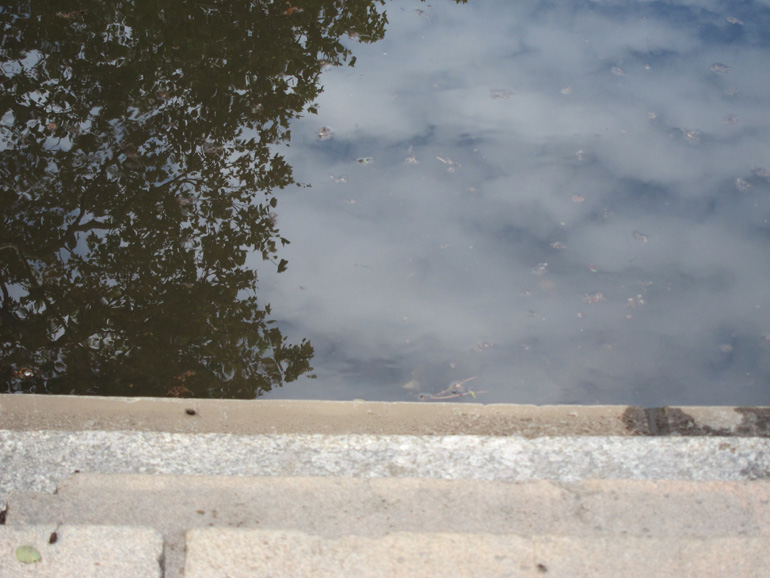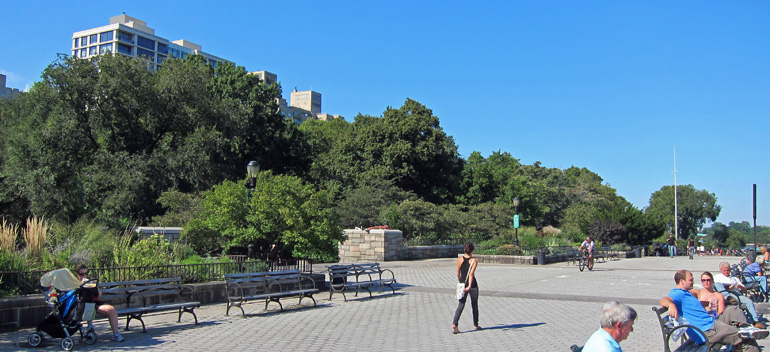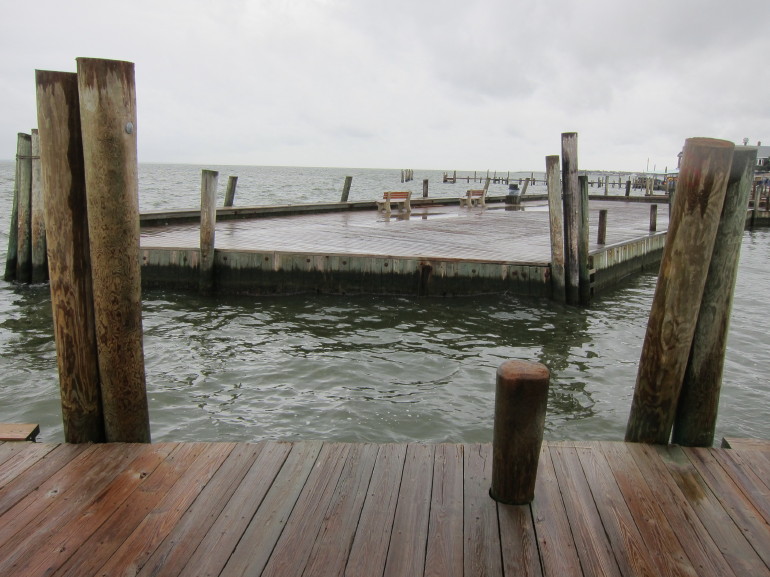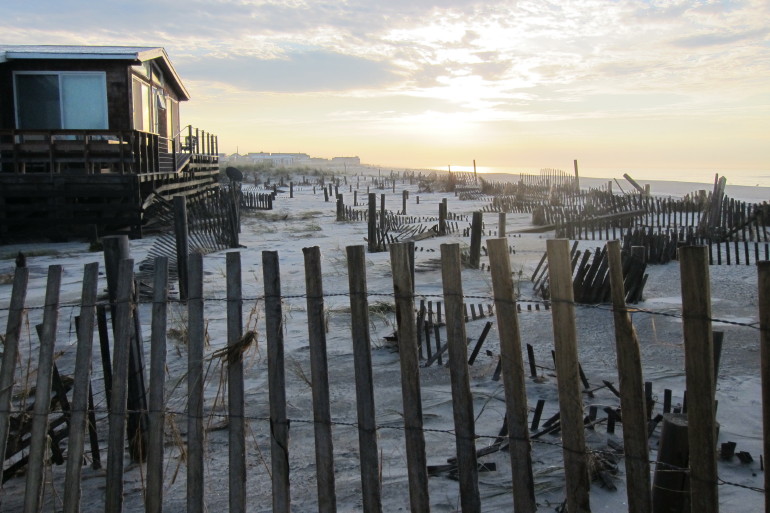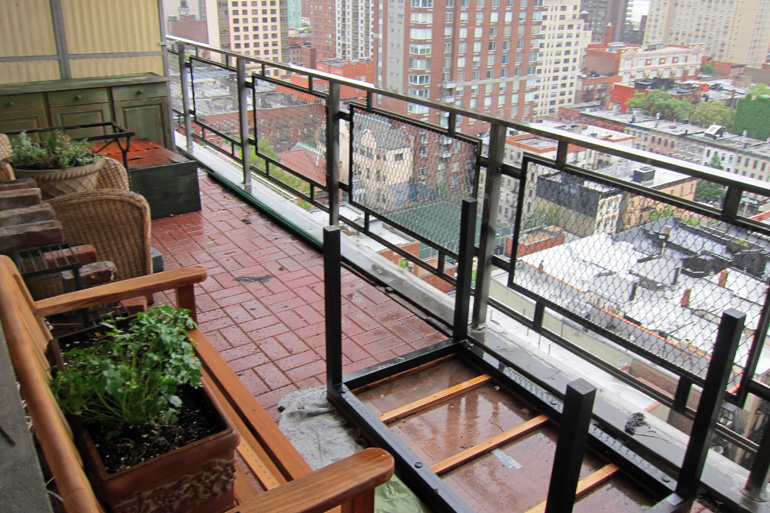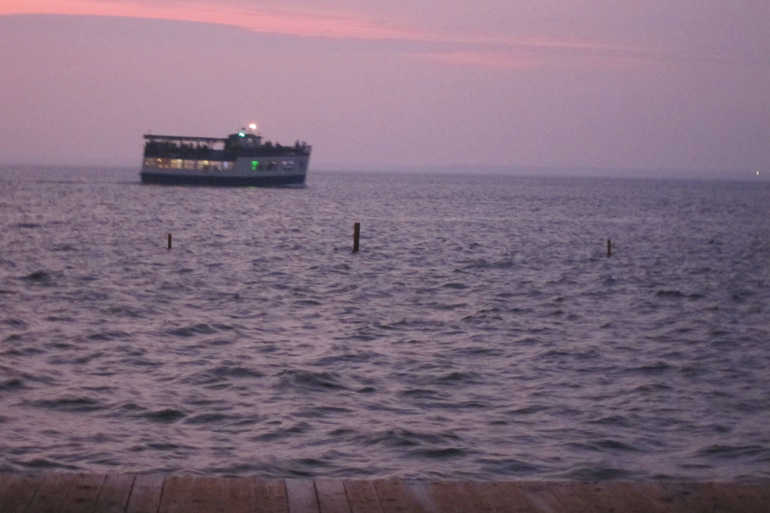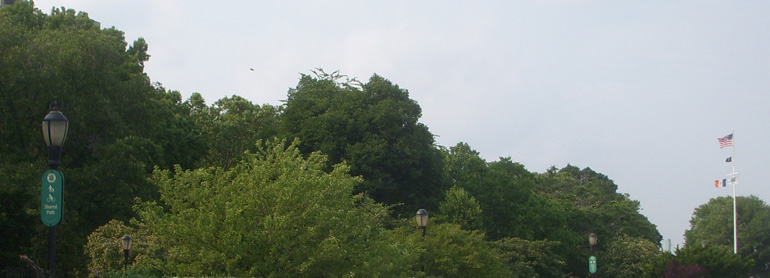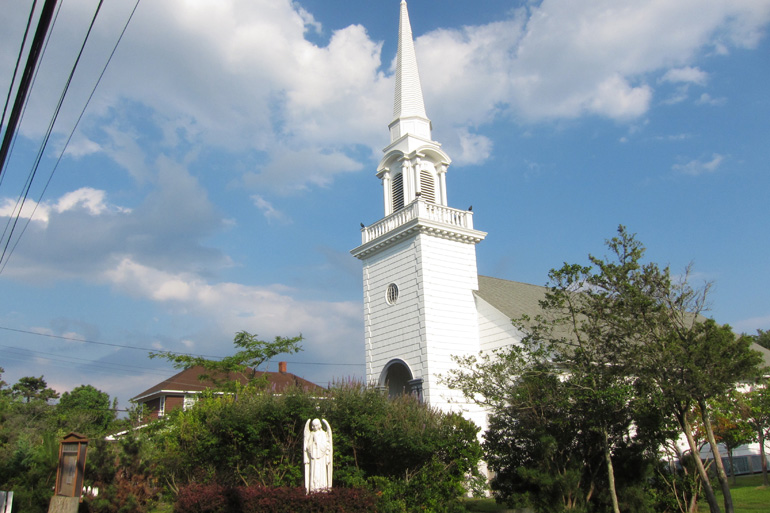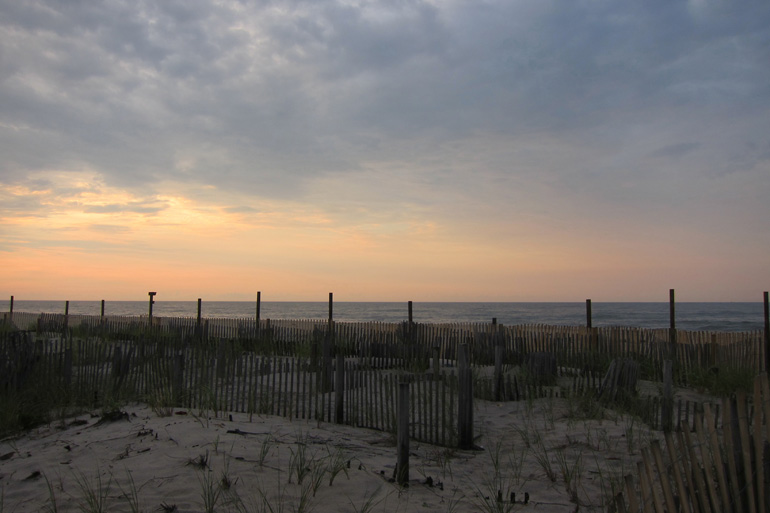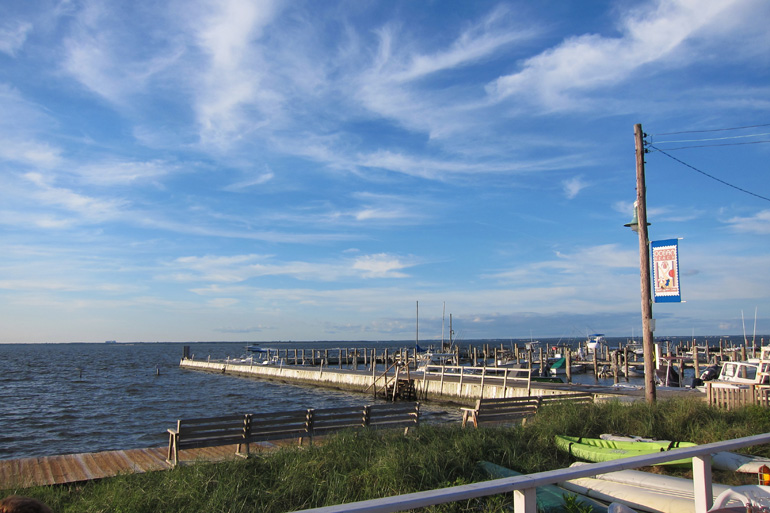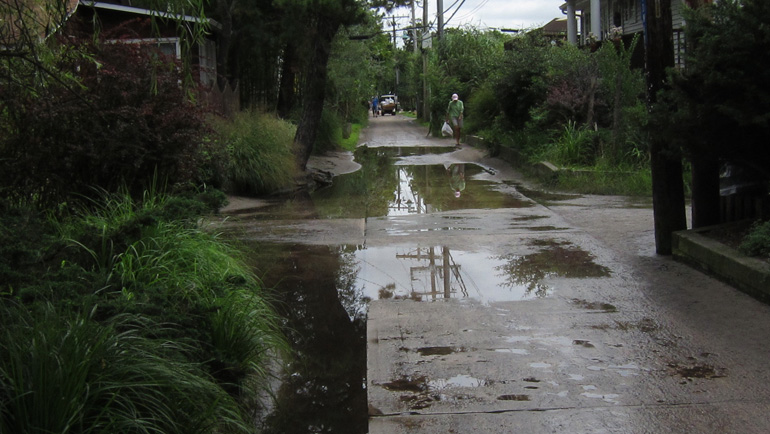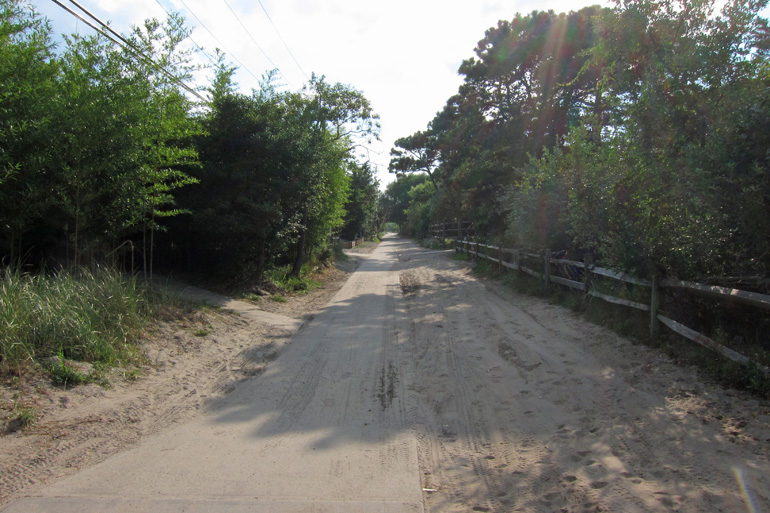Gotham Diary:
Decrepit
10 September 2011
If I told you how I feel today — listless, achy, mildly anxious and even somewhat depressed — you might urge me to take either a quick nap or a long walk, depending upon your philosophy. Even I regard my low spirits as just that — low spirits, nothing somatic. But spirits are no less somatic than the rest of my anatomy, and the cure for what ails them awaits me on Wednesday, in the form of a Remicade infusion. I have to remind myself that the infusion will make me feel better, because I don’t feel sick at all, in the sense of needing medical attention. But I do need medical attention. It’s very odd, to have grown up in one medical environment, and then to be growing old in an entirely different one.
I did nothing yesterday but go to the movies and read. I saw Crazy Stupid Love, which, aside from its crazy stupid title, is a sweet if quirky films, one of those romantic comedies the shared fondness for which will lead some people to discover that they are soul mates. The plot, such as it is, is both abrupt and vague, a combination that certainly makes you pay attention, which you’re happy to do because the actors are so engaging. I am not a fan of the flamboyant strangeness of Steve Carrell’s impersonation of ordinary guys, but I thank him for reminding me that ordinariness is no more to be trusted, expected, or relied upon than is extraordinary behavior. It’s possible that Julianne Moore was miscast; it’s so much easier to see her as the smiling but unhappy wife of a John C Reilly or a Dennis Quaid than as the confused but happy wife of a Steve Carrell. (And better than either is seeing her as the assertively insecure drinking buddy of a Colin Firth.) But Ryan Gosling and Emma Stone are perfect for this film, and they hang together, usually silently, in their scenes with other characters in the way the real couples do; perhaps they will make some more movies together. I couldn’t make up my mind about Jonah Bobo, but there’s no doubt that this kid will have a future if he plays his cards right. Analeigh Tipton is a lovely young lady who has the ability, exhibited best by Japanese actresses, to absorb what is happening around her and to register it for the viewer’s sake, as if privately. And don’t let me forget Marisa Tomei, whose role is something like a brick in a clothes drier — it’s the “crazy” part of the movie, structurally — but who makes the absolute mostest of what she’s been given to work with, as indeed she always does. Kevin Bacon’s role, as the man who cuckholds Steve Carrell’s character, is just about as thankless as a part can be, and it shows off the ageing of his lean good looks pretty gruesomely. I can’t say anything about the story, not only because it hinges on some well-contrived surprises, or because the loverboy spends what ought to be the big sex scene confessing an addiction to buying things that he doesn’t want or need on the Home Shopping Network. But when Steve Carrell gives Ryan Gosling’s cheek one of those friendly alpha-male slaps, and Emma Stone murmurs, “This is going to be fun,” you quite agree, and then Mr Carrell delivers another slap and it’s a wrap.
As for reading, I finished Anthony Flint’s Wrestling With Moses and began Rachel Brownstein’s Why Jane Austen. The Epilogue of Flint’s book cleared up a big puzzle for me, which was how it came to be that The Power Broker never mentioned Jane Jacobs. It seems that there was to be an entire chapter about her tango with Moses, along with chapters on the Port Authority and the City Planning Commission, but these, together with “detail on the departure of the Brooklyn Dodgers,” were cut from Caro’s massive tome. I haven’t written about The Power Broker as a whole, but I did notice that the narrative becomes somewhat miscellaneous after 1940. I hope that a complete edition, the “directors cut,” including all of Caro’s work on Robert Moses, will be published at some point, and I’m quite shocked that it hasn’t been republished as a two-volume set, especially given the sprawl of the author’s ongoing work on Lyndon Johnson, with its fourth volume forthcoming.
Why did I buy Why Jane Austen?? It was recently reviewed somewhere along with William Deresiewicz’s A Jane Austen Eduction, and I was drawn to a book by a professor who is no longer sure about regarding herself as “feminist critic.” Actually, a lot of things have changed since Brownstein “came to consciousness in the mid 1950’s, when students were enjoined to keep an author at arms length, until just before the beginning of this century, when “Jane” (aka “Austen”) became a symbol of her sex and close to a sex symbol, a “name” and a star and in the common phrase an icon.” In other words, Brownstein’s appreciation of Austen is an autobiographical matter, and thus flouts a principle that students were even more stringently enjoined to observe fifty years ago: the ban on personal references. There are still curmudgeonly readers out there — some of them, even, are women — who won’t fail to smack a critic with the remark, “I don’t care what you think of Jane Austen.” Most of them are deep into Social Security territory, though. We have by and large outgrown the childish dream of objective, impersonal criticism. (Smart people no longer believe that all intellectual activity ought to be patterend on the conduct of the physical sciences.)
Opening up Why Jane Austen?, I was immediately drawn to the last chapter, entitled “Why We Reread Jane Austen.” The simple answer is that we reread Jane Austen because she gets better with reacquaintance, but I wanted to hear what Rachel Brownstein had to say. The chapter turns out to be almost entirely about Emma, which I’ve just reread for the sixth time (seven readings in all), and about which I have a few things to say — namely, that I detect a four-movement structure beneath its somewhat languid narraive course. I may write about it here, but eventually my thoughts will form part of a suite of pages about Jane Austen’s fiction collected at Civil Pleasures. And while I’m writing up my notes, I ought to read what I’ve already written at Portico, which is where the collection is currently lodged. Brownstein said nothing of Emma‘s structure — “there’s not much of a plot” — but her unpacking of the novel’s concept of “information” is spellbinding. When I was through, I went back to begin at the beginning, and in the Introduction I encountered a truth that needs to be universally acknowledged, at least among people who love to read Jane Austen.
As Juliet McMasteer wisely observes, “We all want to write about Jane Austen, but we each of us want to be the only one doing it. We want everyone to admire Jane Austen, but we each suspect the others do it the wrong way.”
Because when you’ve overcome the urge to have the last word about Jane Auste, you can enjoy reading about her, secure in the knowledge that this is going to be fun.
Before going to bed, I watched Douglas McGrath’s 1996 adaptation of Emma, which Brownstein mentions several times in the final chapter, and I was astonished, having just read the book myself, by the extent of its fabricated upholstery of dialogue and scenes. (Archery, indeed! Jane driving about in a gig!)Â The finished product seems largely true to the novel, but it gets there by an alternative route.


